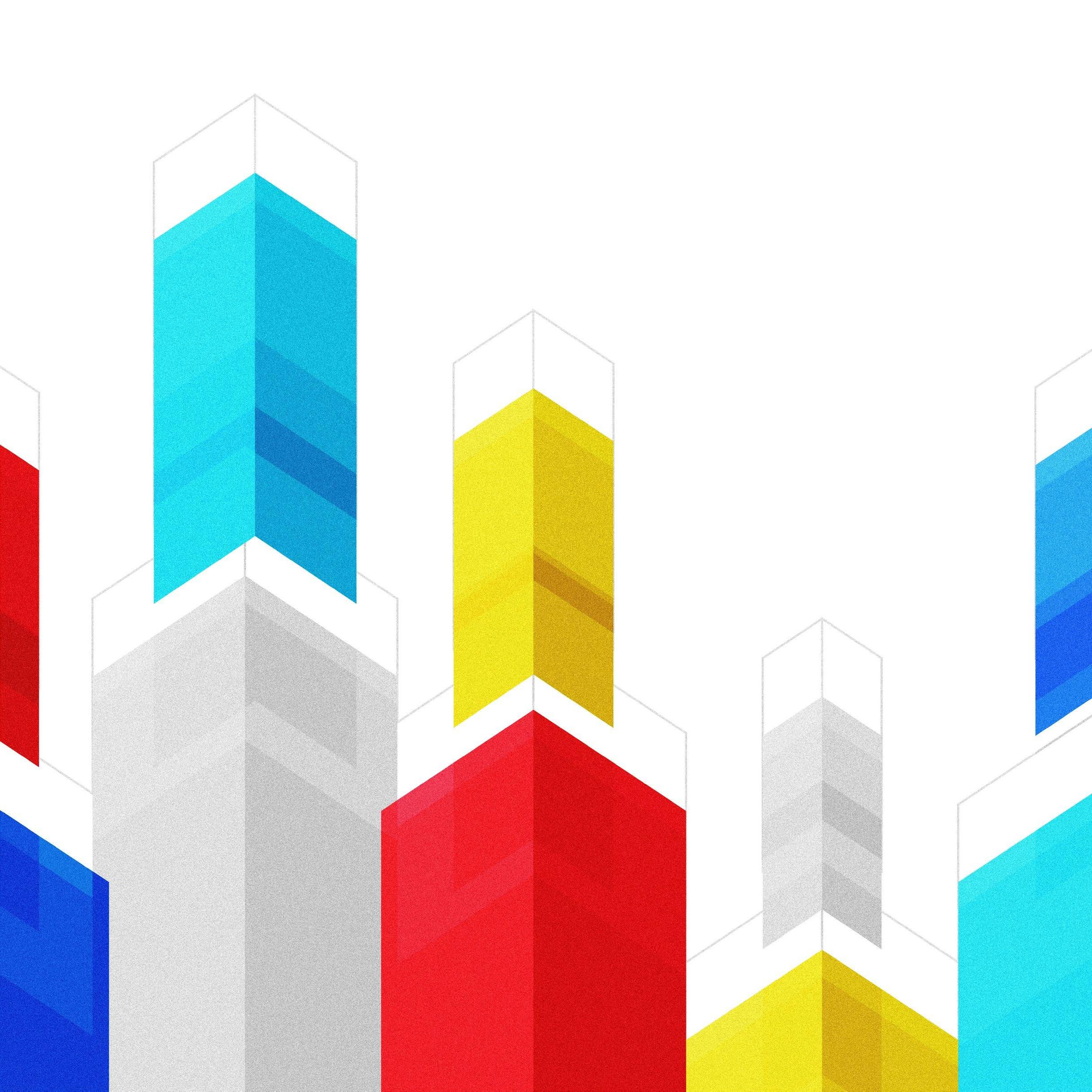
2 minute read
1.2.4_The ‘Culture Goal Campaign’ Re-energized
On September 4th, 2018, Culture Action Europe (CAE), together with Freemuse and MEP Julie Ward (S&D) organised a debate on the state of artistic freedom in Europe. Held in the European Parliament, the event was based on Freemuse’s The State of Artistic Freedom report, 2018, which exposes how freedom of expression of artists and art communities are being violated in Europe at an alarming scale. Representatives from the arts community and policy and decision-makers presented arguments for why and how Europe must do more to protect artistic freedom.
Within the scope of the UN Sustainable Development Goal 13, and to better understand the impact of cultural digital production and services on the planet, CAE ‘s annual conference Beyond the Obvious 2018 in Timisoara entitled Ctrl+Shift HUMAN, Arts Sciences and Technologies in Coded Societies included a workshop from Joana Moll focusing on the circulation and distribution of non-material data and their carbon footprint. Considering that the cultural industries are the biggest content producers and uploaders, this issue is particularly relevant to ensure a more sustainable and responsible approach to content creation and distribution.
Given the European Parliamentary election results in 2019 and the Green Deal negotiated by the European Commission President, CAE sees an opportunity to revive the discussion on linking culture with the SDG agenda. A policy document with concrete actions and recommendations by SDGs is currently being consulted with the membership and will be completed at the end of September 2019.
The Communiqué of the #culture2015goal Campaign, “Culture in the SDG Outcome Document: Progress Made, but Important Steps Remain ahead” identified, in 2015, some next steps for the campaign, stating that ““The Future We Want Includes Culture” campaign has set a new global agenda for culture by gathering and presenting – for the first time ever in a unified way – the voices of peoples and civil society on the importance of culture in sustainable development.
A global initiative such as this will continue to be necessary, in order to advocate for the inclusion of culture in development frameworks and strategies, operate as a watchdog, raise awareness and bring together local, national and regional perspectives and initiatives.”
Building on this commitment, the members of the campaign have taken the occasion of the September 2019 SDG Summit as a perfect opportunity to re-energise the campaign, now updated as #culture2030goal, and send our key messages on the role that culture is playing- and should play- in the implementation of the SDGs.





